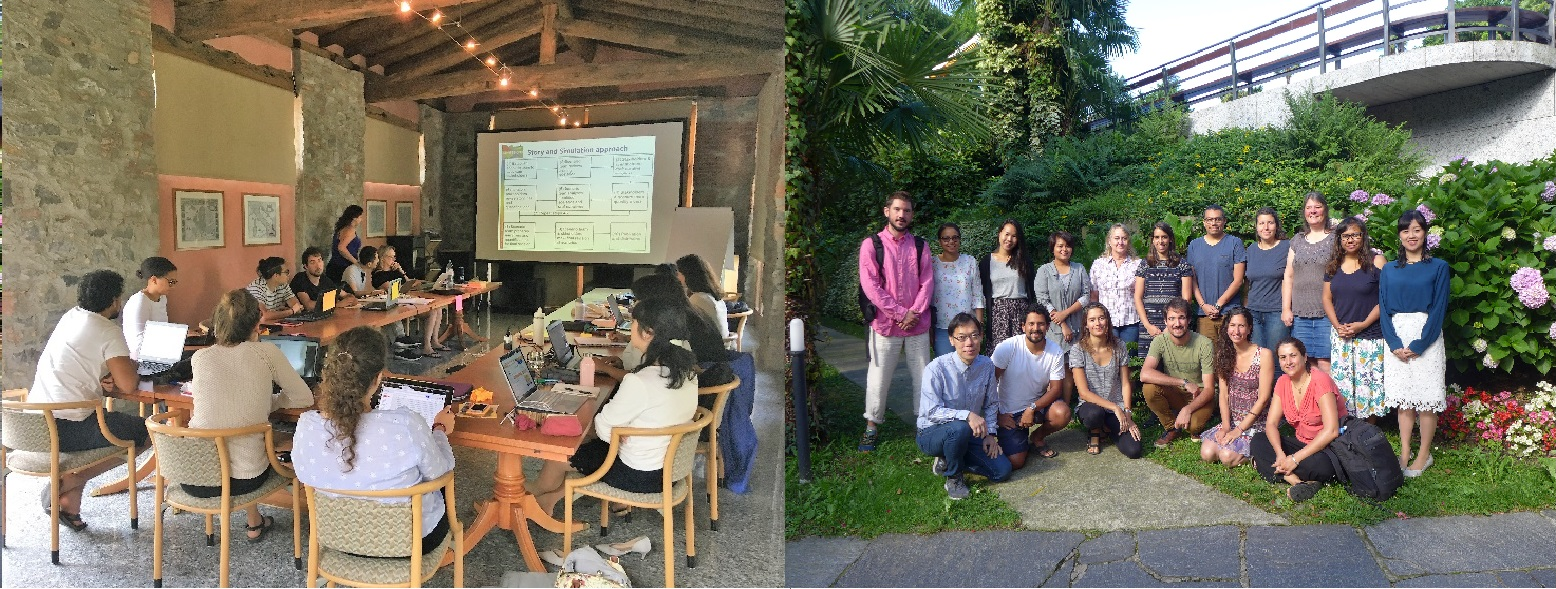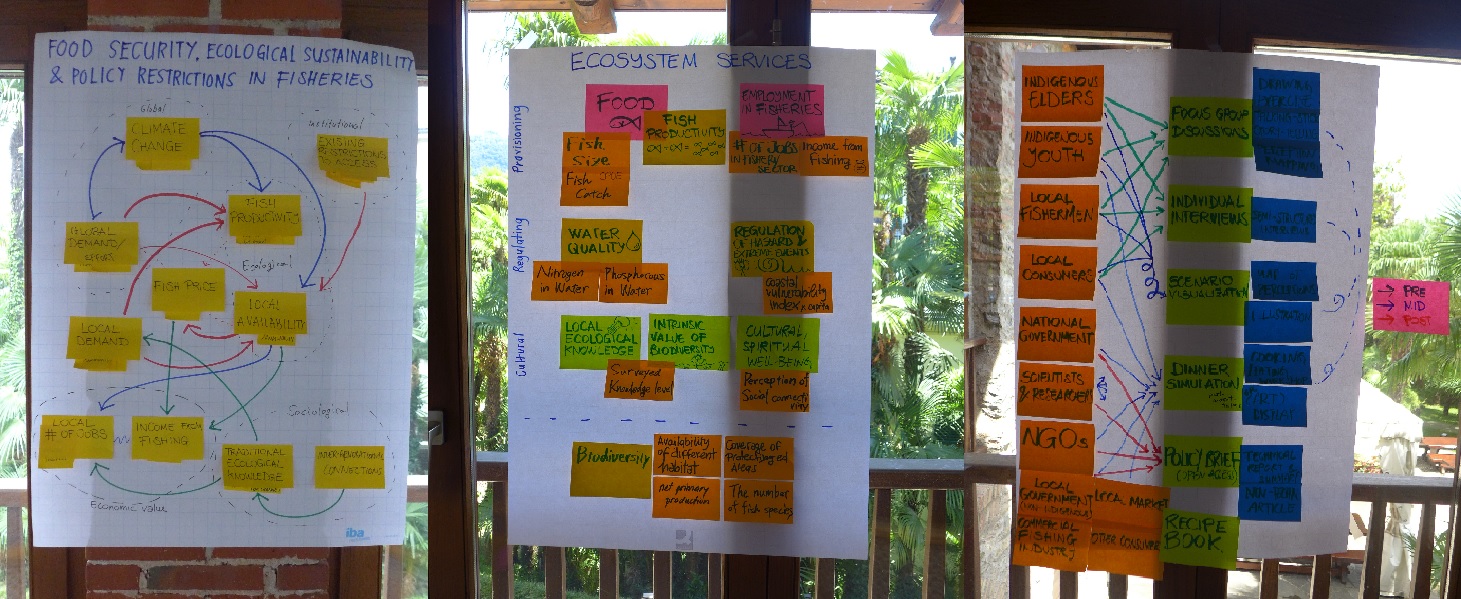Navigation auf uzh.ch
Navigation auf uzh.ch

Scenarios () are a systematic way to explore possible futures, and to evaluate policy and management interventions. Models are robust tools to compare the outcomes and impacts of the scenarios explored, and can serve as a basis for action. In the past, scenarios have proven highly effective in enabling response to unpredicted change, and are now proving highly effective in the contemporary context of understanding and planning for challenges such as climate change, biodiversity loss, crossing planetary boundaries and poverty and inequity.

Scenarios are important and valuable tools used to explore sustainability problems, and to understand the viewpoints of different stakeholders and to build common visions. They thus aid in conflict resolution and generating realistic pathways for sustainability interventions. Since the Millennium Ecosystem Assessment, scenarios are an integral part of assessments, evaluating the impact of policy and management actions on biodiversity and ecosystem services provision, and for the exploration of possible future policy. The workshop was aimed at students at PhD and advanced MSc level, who are interested in learning about the use and implementation of scenarios in sustainability, biodiversity and ecosystem services studies.

The workshop was intended to equip the students with the necessary skills to understand the purpose, scenario building process, and use of scenarios and models to examine different policy options, and approaches to integrate different stakeholder views, and to evaluate scenario outcomes.
Lecturers:
Osamu Saito, United Nations University
William (WL) Cheung, University of British Columbia
Simona Pedde, Wageningen University
Isabel Rosa, Integrated Centre for Biodiversity Research iDIV

The graduate school is funded through SUK-Programm "Doktoratsprogramme".
This graduate workshop was funded by:
Graduate Campus Grant for graduate schools